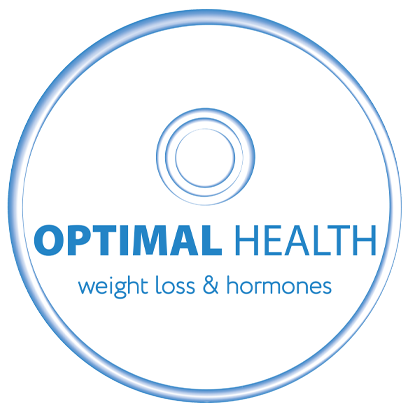At Optimal Health in Las Vegas, we understand that managing your calorie intake is a fundamental aspect of weight management. Calories are essentially the energy that fuels our bodies, and understanding how they impact our weight is crucial for effective health management. In this blog post, we’ll dive into how calories affect your weight and share some effective strategies for burning them.

What Are Calories?
Calories are units of energy that measure the potential energy in food and beverages. Our body needs this energy to perform basic functions like breathing, circulating blood, and cell production, along with supporting physical activity. However, consuming more calories than you burn can lead to weight gain, as excess energy is stored as fat.
The Balance Between Calorie Intake and Expenditure
Weight management is fundamentally about energy balance. To maintain weight, you need to consume roughly the same number of calories that your body burns daily. Losing weight requires you to create a calorie deficit by either reducing your caloric intake, increasing physical activity, or ideally, a combination of both.
Effective Strategies to Burn Calories
- Increase Physical Activity: The more active you are, the more calories you burn. Regular exercise such as jogging, swimming, cycling, and strength training can significantly increase the number of calories you burn daily.
- Incorporate High-Intensity Interval Training (HIIT): HIIT involves short bursts of intense exercise alternated with low-intensity recovery periods. It’s not only time-efficient but has been shown to boost metabolism and increase calorie burn even after the workout is over.
- Build Muscle: Muscle tissue burns more calories than fat tissue. By increasing your muscle mass through resistance training, your body will use more calories, even at rest.
- Stay Hydrated: Drinking water can temporarily boost your metabolism. Some studies suggest that drinking water before meals can also reduce your appetite and calorie intake.
- Eat Protein-Rich Foods: Protein-rich foods can increase feelings of fullness, reduce hunger, and prevent excessive eating. Additionally, digesting protein burns more calories than digesting fats or carbohydrates.
- Sleep Well: Lack of sleep can affect hormones that regulate appetite and can increase cravings for high-calorie foods. Ensuring you get adequate sleep can help manage your calorie intake and maintain a healthy metabolism.
Understanding the role of calories in your diet and how they affect your weight is crucial for managing your health. At Optimal Health, we emphasize personalized health strategies tailored to your unique needs, helping you manage your calorie intake and expenditure effectively. If you’re looking to understand more about your calorie needs or need support in managing your weight, consider reaching out to our team.
For more tailored advice or to schedule an appointment, visit us at Optimal Health NV or give us a call at 702-350-1673. Let us help you achieve your optimal health through informed and practical approaches to calorie management.
